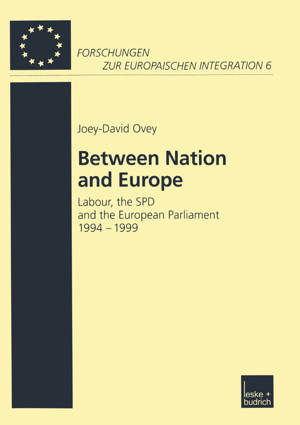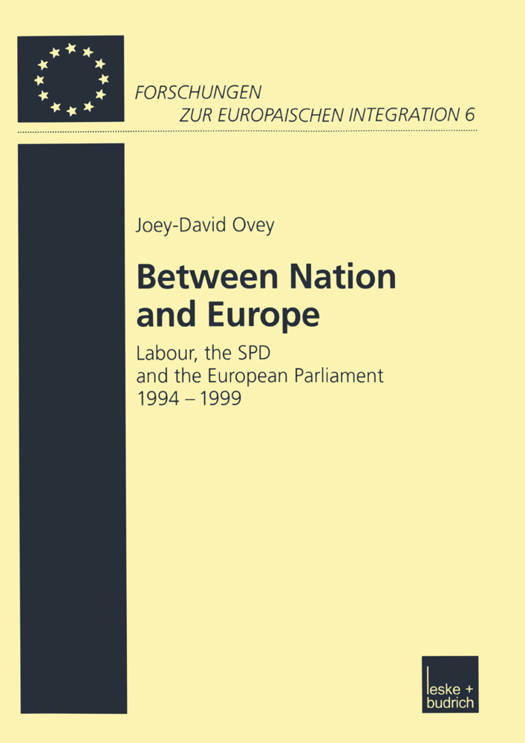
- Afhalen na 1 uur in een winkel met voorraad
- Gratis thuislevering in België vanaf € 30
- Ruim aanbod met 7 miljoen producten
- Afhalen na 1 uur in een winkel met voorraad
- Gratis thuislevering in België vanaf € 30
- Ruim aanbod met 7 miljoen producten
Zoeken
€ 97,95
+ 195 punten
Omschrijving
Which theories best fit a study of the relationship between parties at the na tional and European level? To date, the theoretical underpinning of works on transnational parties has generally reflected the general debate on European integration. As Haas covered the topic of transnational parties, it follows that 74 neofunctionalism has been drawn upon. This has been complemented by 75 transnationalism and domestic policy approaches. As the talk is of parties, 76 the literature on political parties has been used extensively to conceive of transnational parties as a complementary arena to national parties arenas. ?7 78 More recently, the literature on networks has been used, this demonstrating the tendency to treat transnational political parties as an integral part of the ED system in which they are embedded. This move away from International Relations paradigms has also seen comparativists increasing their interest in 79 transnational parties. Again following the general debate on the nature of the 80 ED, new institutionalist approaches have also been used. In this chapter, I shall introduce the main theoretical basis of this study, New Institutionalism, which will be complemented by considerations of the transformation of political parties. Then, a hypothetical concept of 'detach ment' will be introduced to explain the nature of inter-level party relations in the ED. From this, some hypotheses will be extracted which will be put to test in the later case study. 2. 1.
Specificaties
Betrokkenen
- Auteur(s):
- Uitgeverij:
Inhoud
- Aantal bladzijden:
- 227
- Taal:
- Engels
- Reeks:
- Reeksnummer:
- nr. 6
Eigenschappen
- Productcode (EAN):
- 9783810035530
- Verschijningsdatum:
- 31/01/2002
- Uitvoering:
- Paperback
- Formaat:
- Trade paperback (VS)
- Afmetingen:
- 148 mm x 210 mm
- Gewicht:
- 276 g

Alleen bij Standaard Boekhandel
+ 195 punten op je klantenkaart van Standaard Boekhandel
Beoordelingen
We publiceren alleen reviews die voldoen aan de voorwaarden voor reviews. Bekijk onze voorwaarden voor reviews.








